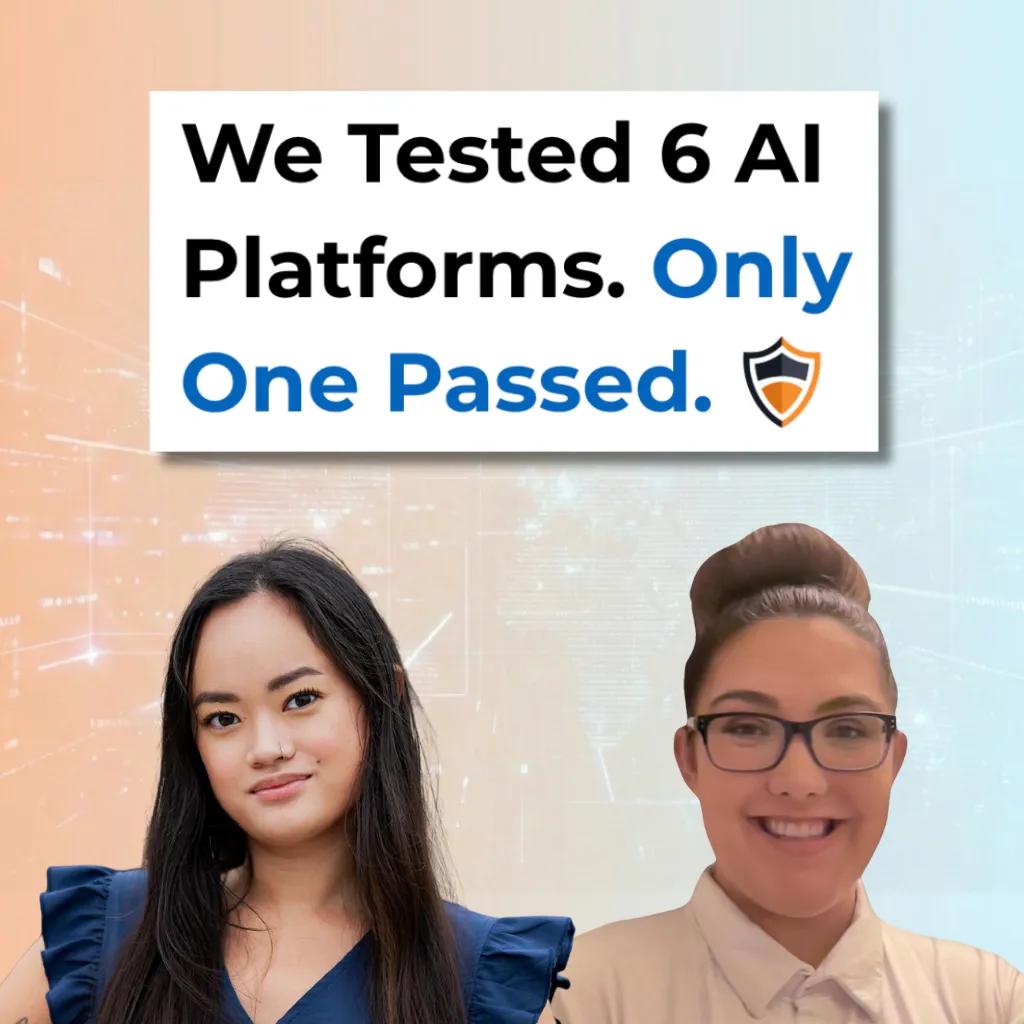As healthcare organizations increasingly explore the potential of generative AI technologies like ChatGPT, ensuring HIPAA compliance remains a critical concern. While various approaches exist to integrate these powerful tools into healthcare operations, not all methods offer equal protection for sensitive patient information. This article examines the risks associated with tokenization and anonymization strategies in healthcare AI applications such as CompliantChatGPT, and explores more secure alternatives for maintaining HIPAA compliance.
Understanding Tokenization in Healthcare AI
Tokenization is a process where sensitive data elements are replaced with non-sensitive equivalents, known as tokens, that maintain the essential format of the data without exposing the actual protected health information (PHI). While this approach might seem promising at first glance, it carries significant, often unacceptable, risks when applied to healthcare data in generative AI systems.
The Tokenization Approach
Some healthcare AI services employ tokenization as a method to achieve HIPAA compliance when interfacing with general-purpose non-compliant AI models like consumer ChatGPT services. The process typically involves:
- Receiving protected health information from healthcare providers
- Automatically replacing sensitive elements with tokens
- Sending the tokenized data to external non-compliant AI models for processing
- Re-identifying the information when returning results
The Hidden Risks of Tokenization
Tokenization allows companies to more quickly implement AI services, while costing less money than alternatives. While tokenization can appear to be a cost-effective solution, it introduces several critical vulnerabilities that healthcare organizations need to consider:
Reliability Concerns
Even with a 99.9% success rate in tokenization, the implications of failure are severe. For healthcare operations processing thousands of records daily, a 0.1% failure rate could result in hundreds of HIPAA violations each year. Each failure potentially represents a federally reportable security breach, creating significant legal and regulatory exposure.
Regulatory Compliance Issues
HIPAA regulators have shown increasing scrutiny of tokenization-only approaches. During audits, whether routine or incident-triggered, the use of tokenization as a primary security measure may be deemed insufficient, potentially leading to:
- Regulatory sanctions
- Substantial fines
- Mandatory operational changes
- Damage to organizational reputation
Technical Limitations
The effectiveness of tokenization depends heavily on the accuracy of the algorithms identifying sensitive information. However, healthcare data often contains complex and contextual information that automated systems might miss, such as:
- Indirect patient identifiers
- Contextual medical information that could become identifying when combined
- Novel or unusual data patterns that tokenization algorithms haven't been trained to recognize
A More Secure Approach: Isolated Environment Implementation
Rather than relying on tokenization, a more robust approach involves operating AI models in isolated, HIPAA-compliant environments. This method typically includes:
Direct Model Integration
By using services which license AI models directly and operating them in a controlled and secure environment, organizations can maintain reliable data security assurances. This approach eliminates the need for tokenization by keeping sensitive data within a certified HIPAA-compliant infrastructure.
Enhanced Security Features
A properly isolated environment includes:
- Complete separation from external non-compliant AI provider services
- Comprehensive audit trails
- Controlled access mechanisms
- Secure data storage and transmission
- Regular security assessments and updates
Making the Right Choice for Your Organization
When evaluating AI solutions for healthcare applications, organizations should carefully consider the following factors:
Risk Assessment
Consider the volume of PHI your organization handles and the potential impact of even a small failure rate in data protection measures. The consequences of data breaches extend beyond regulatory penalties to include patient trust and organizational reputation.
Long-term Viability
While tokenization might offer a quicker or less expensive path to AI implementation, the long-term costs of potential breaches, regulatory actions, and necessary security updates could far exceed the initial savings.
Regulatory Alignment
Ensure your chosen approach aligns with both current HIPAA requirements and anticipated regulatory changes in the rapidly evolving landscape of healthcare AI.
Conclusion
As healthcare organizations continue to adopt generative AI technologies, the choice of implementation method becomes increasingly crucial. While tokenization might appear to be a viable solution for achieving HIPAA compliance, its inherent risks and potential for failure make it a problematic choice for healthcare organizations handling sensitive patient data.
Organizations should carefully evaluate their options and consider more robust solutions that provide complete control over their AI environment. By prioritizing security and compliance from the ground up, healthcare providers can better protect patient information while still leveraging the powerful capabilities of generative AI technologies.
In healthcare technology, the path of least resistance isn't always the safest route. Investing in proper infrastructure and security measures from the start can prevent costly complications and maintain the trust of both patients and regulators.
Unlike tokenization-based services, BastionGPT uses licensed LLMs hosted in HIPAA-compliant environments. By prioritizing security and regulatory compliance, it avoids the pitfalls of anonymization while delivering powerful AI capabilities. Healthcare professionals can confidently use BastionGPT knowing their data never leaves secure infrastructure.




.png)
.png)